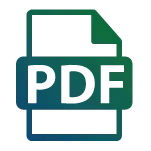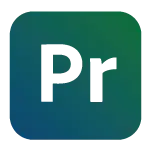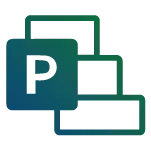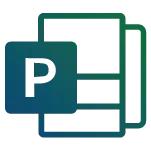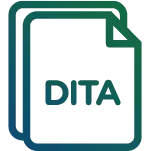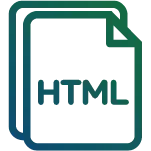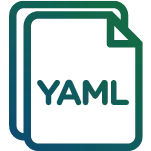
Scanned Document Translation
While working with editable documents is convenient, much of our lives’ most essential information is contained in scanned documents. Consider the sheer amount of PDFs and images sent back and forth every day, whether starting a new job, enrolling in a study-abroad program, or signing a lease, and you can understand why scanned document translation is in high demand. If you ever need to provide key information in another language, your documents of personal and legal importance must be carefully translated.
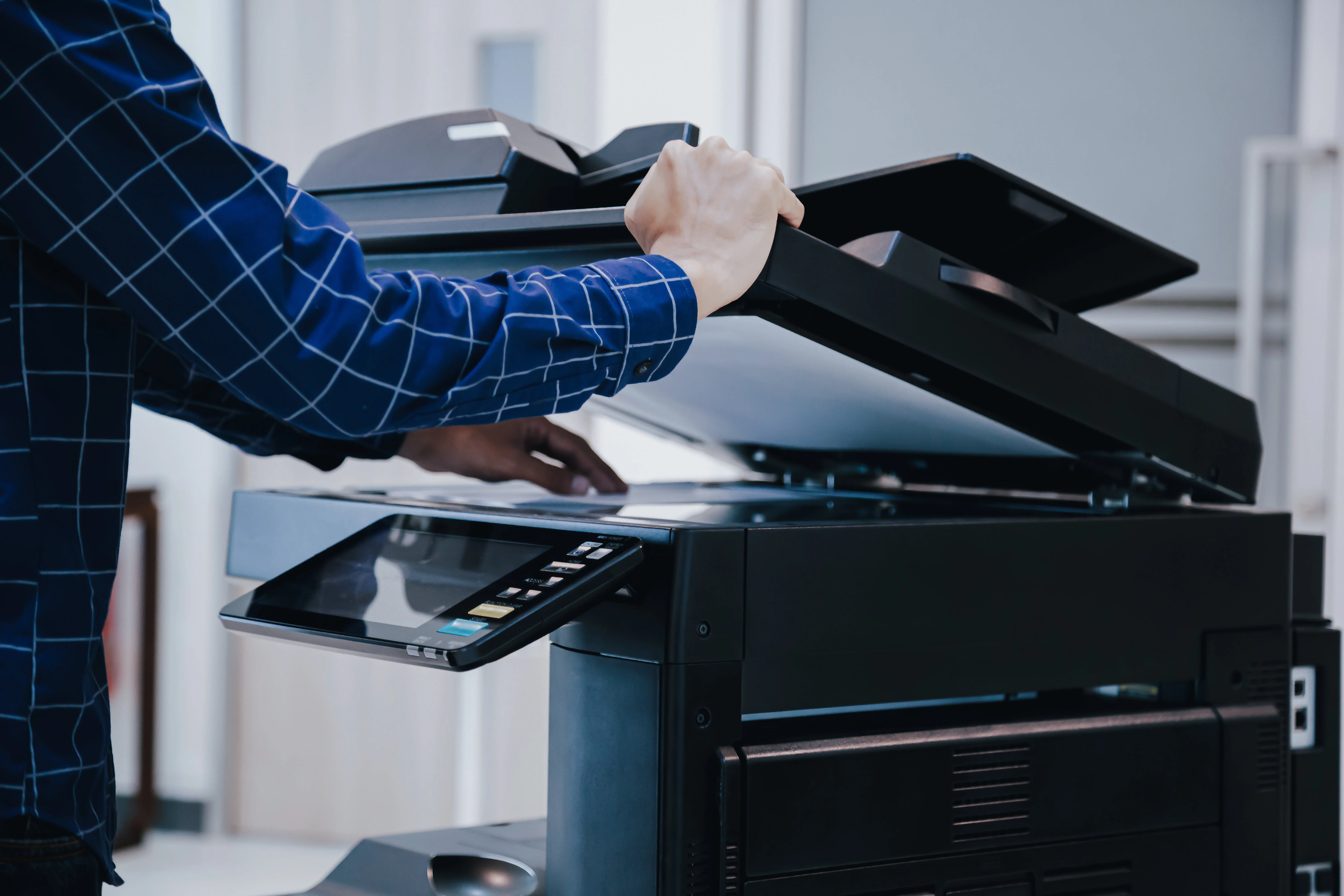
Scanned Document Translation
While working with editable documents is convenient, much of our lives’ most essential information is contained in scanned documents. Consider the sheer amount of PDFs and images sent back and forth every day, whether starting a new job, enrolling in a study-abroad program, or signing a lease, and you can understand why scanned document translation is in high demand. If you ever need to provide key information in another language, your documents of personal and legal importance must be carefully translated.
File Formats Related Content
Home » Services » File Formats » Scanned Documents
Translating Scanned Documents
What types of scanned documents should be translated?
Some document types that frequently require translation include:
- Birth, death, and marriage certificates
- Naturalization certificates, adoption papers, and citizenship documents
- Education documents, such as transcripts and diplomas
- Vaccination cards or booklets and other health records
- Photographs of drivers’ licenses or state IDs
- Passports and social security/green cards
- Deeds, mortgages, and insurance documents
- Wills and testaments
- Patent applications, contracts, and tax documents
What should I look for in scanned document translation?
The following factors are crucial when seeking a reputable translation company to work with your scanned documents.
- Technological expertise: The translation of this type of format requires familiarity with the most current technology, especially OCR (Optical Character Recognition), which helps read the text of an original PDF file or other scanned documents. A translator must also be able to recreate the original document’s layout and typesetting.
- File type management: Most scanned documents are PDFs, but not all. A translation agency must be familiar with multiple file formats as well as be able to conduct file storage and transfer.
- Privacy: Given the highly sensitive nature of your personal information, as well as the threat of identity theft, your documents shouldn’t be entrusted to just anyone. A translation agency experienced with high-confidentiality sectors, such as international trade or government translation, can guarantee the security of your data.
- Human translation: Although the web is full of apps, software, and AI tools that may promise to translate PDFs in the blink of an eye, translations of scanned documents frequently include errors such as misrecognized characters and misspelled words, especially if the original document was smudged or water damaged. Anything with legal significance is too important to be left to machine translation without the oversight of a trained human translator.
Do I need my documents certified?
Most importantly, official scanned documents often need certification by a sworn translator or agency, particularly outside the English-speaking world. National standards for such translators vary by country and can be very rigorous; in countries such as Spain, Mexico, France, and Italy, for example, sworn translators are a select few that have been vetted by official bodies and sometimes by demanding state exams. At Trusted Translations, we can provide certification along with the service of scanned document translation itself.


